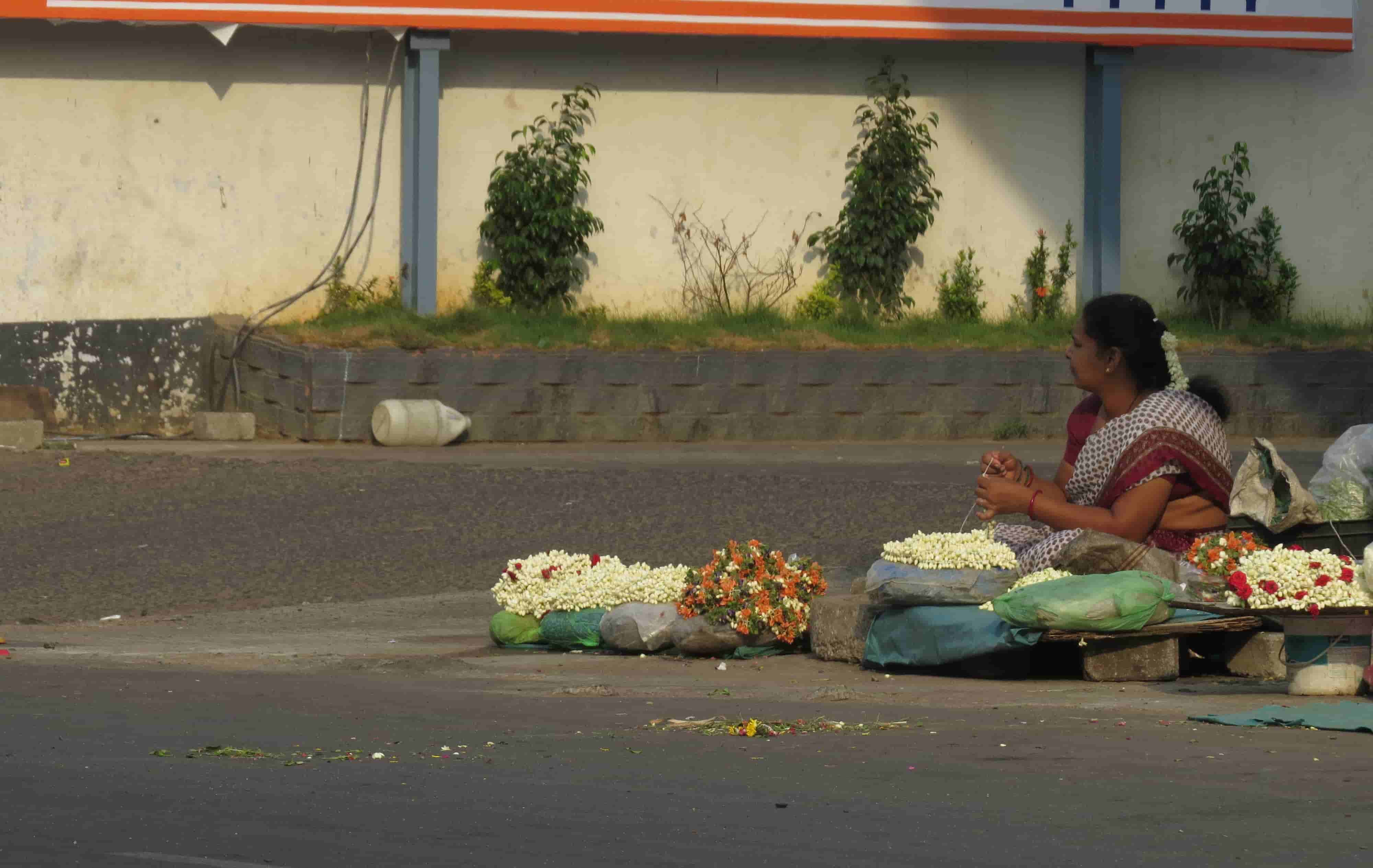Why the Bay of Bengal is more prone to cyclones than the Arabian Sea
For every cyclone forming over the Arabian Sea, four cyclones develop over Bay of Bengal. But why does the east coast of India experience more cyclones compared to the west coast?
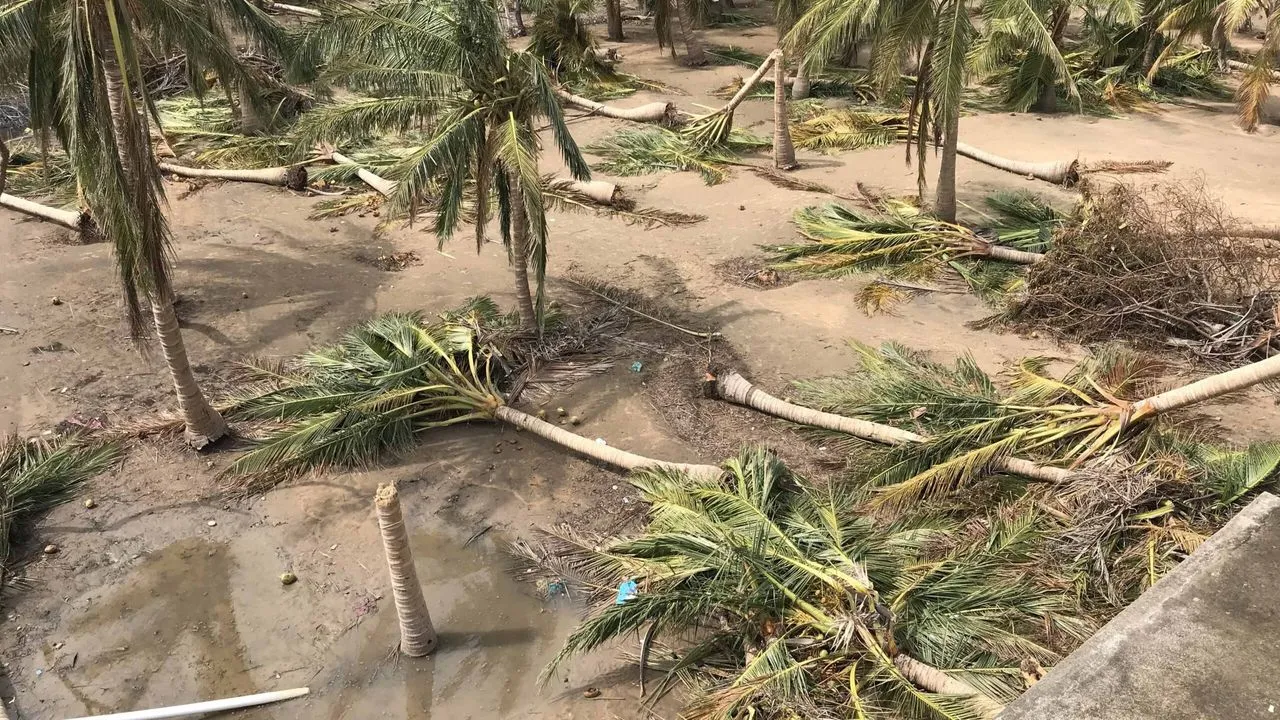
Hi there, glad that you stopped by.
I am a journalist and editor by design and civil engineer by default.
I write about climate change, alternate energy, rural development,
biodiversity, sustainability, health, agriculture, etc. My articles have
appeared in national as well as international publications.
I edit stories, reports and non-fiction books.
Occasionally I take up civil engineering consultancies.

For every cyclone forming over the Arabian Sea, four cyclones develop over Bay of Bengal. But why does the east coast of India experience more cyclones compared to the west coast?

India aims to become an international hub for green hydrogen production. While this makes a strong business case for renewable energy, India needs to overcome many a challenge.
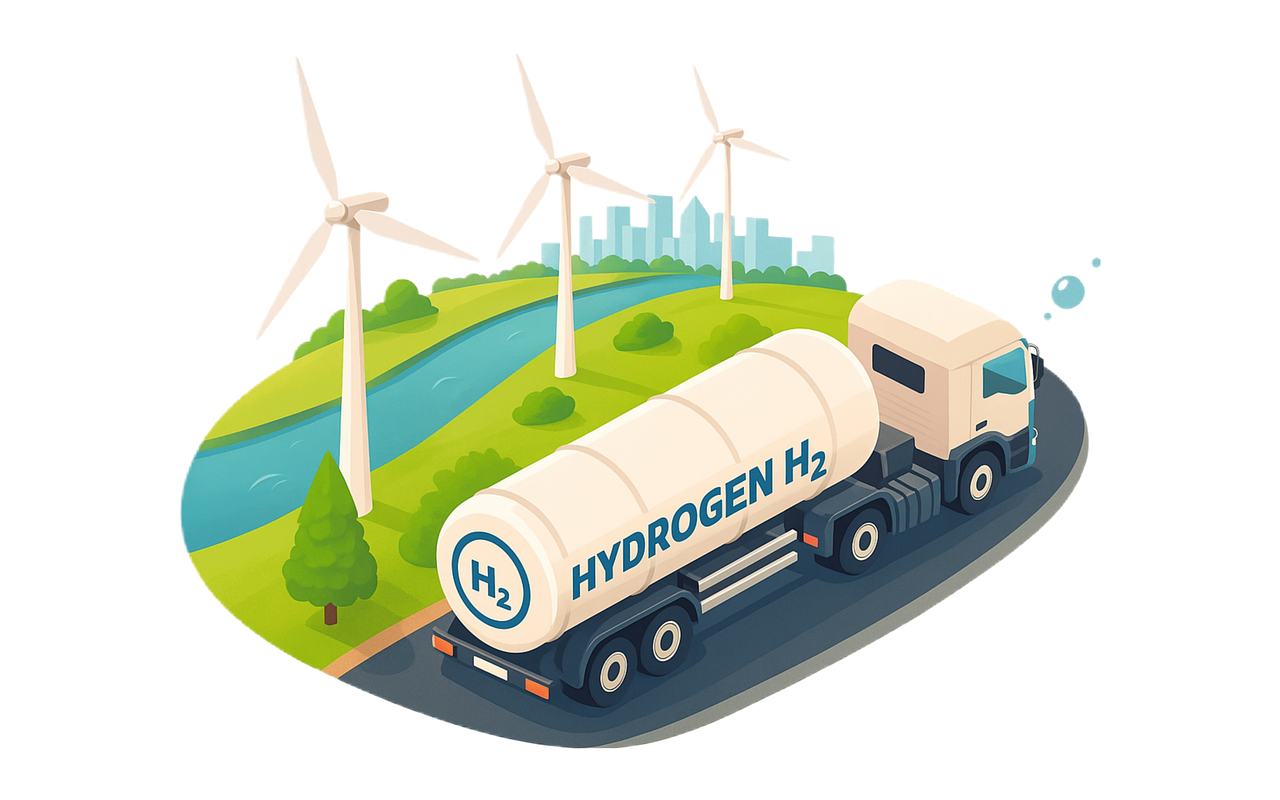
Vernacular architecture, which uses locally-sourced natural materials and traditional designs, could be key to climate resilience in India’s built environment as extreme weather events become more common.
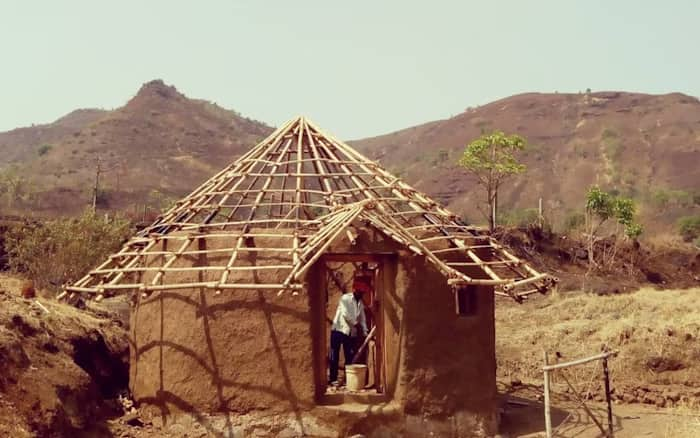
As climate-induced heat waves are on the rise, affecting people's health and livelihood, and India's economy, there's a need to implement heat action plans.
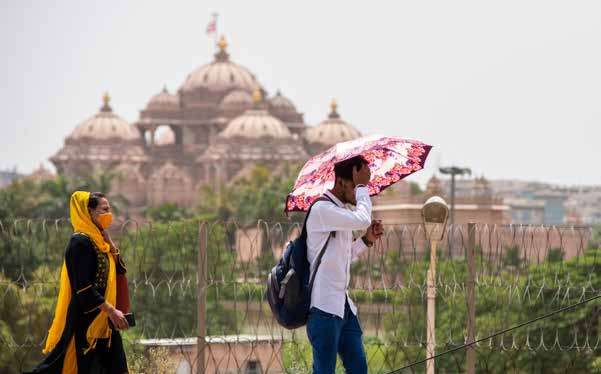
The nest of a baya weaver is an engineering marvel. While the other birds build a nest after finding its mate, baya weaver builds a nest to attract a female partner.

Compressed biogas, or bio-CNG, is likely to play a crucial role in India’s energy transition. But entrepreneurs say the business environment is dispiriting and approvals must be fast-tracked.
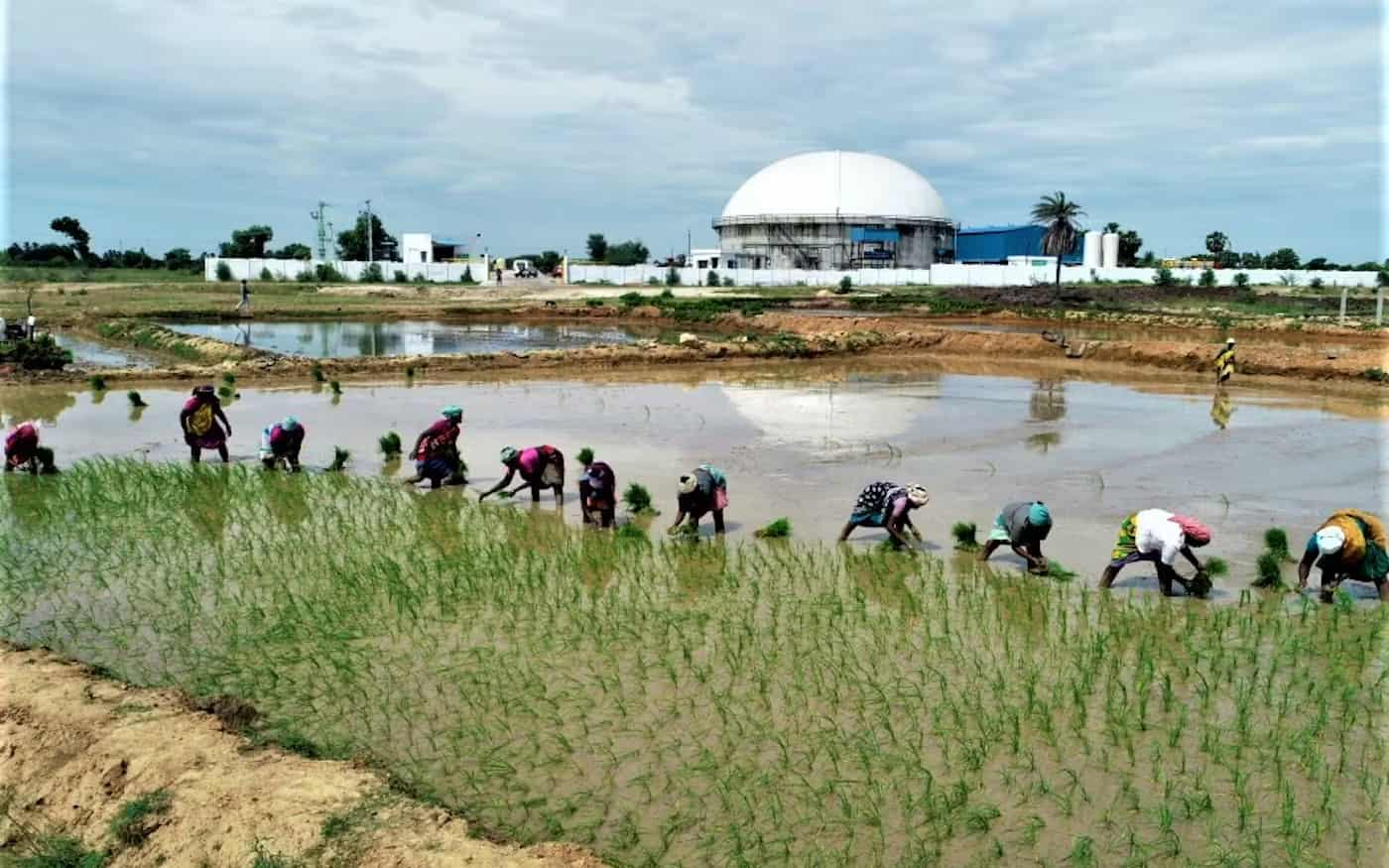
India has ambitious renewable energy targets and to achieve this, the country is relying on large-scale wind and solar projects. However, small wind (SW) turbines and small wind-solar (SWS) hybrids have the potential to meet energy needs through grid-connected and off-grid systems.
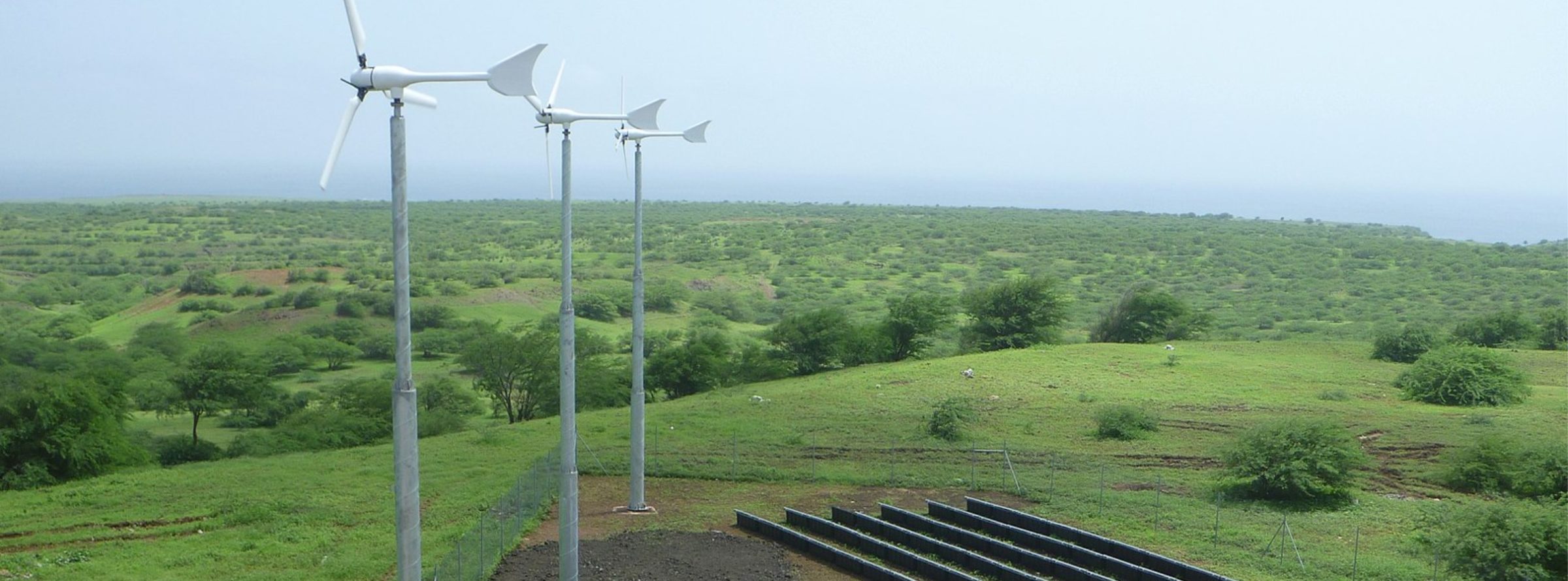
Crowdfinanced loans are a viable solution for enabling farmers to get solar-powered pumps, which bring long term savings on electricity & diesel costs, facilitate sustainable farming and ultimately reduce farm power subsidy bills, say experts'
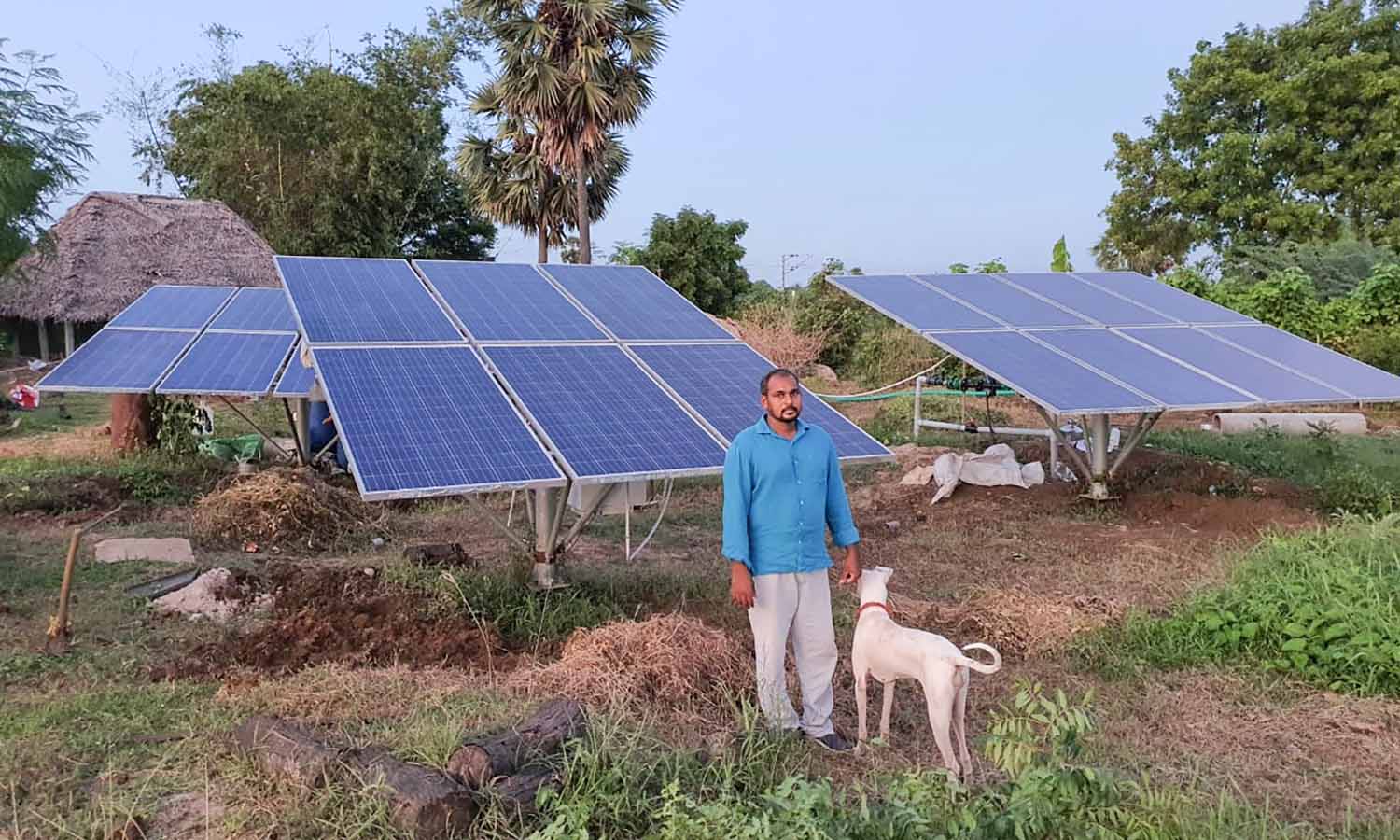
The Casteless Collective are repurposing the bawdy gaana style to confront class conflict – and call out everything from corruption to violence against women

Many farmers who have switched to oil palms are making more money, but the water table beneath them is falling dangerously
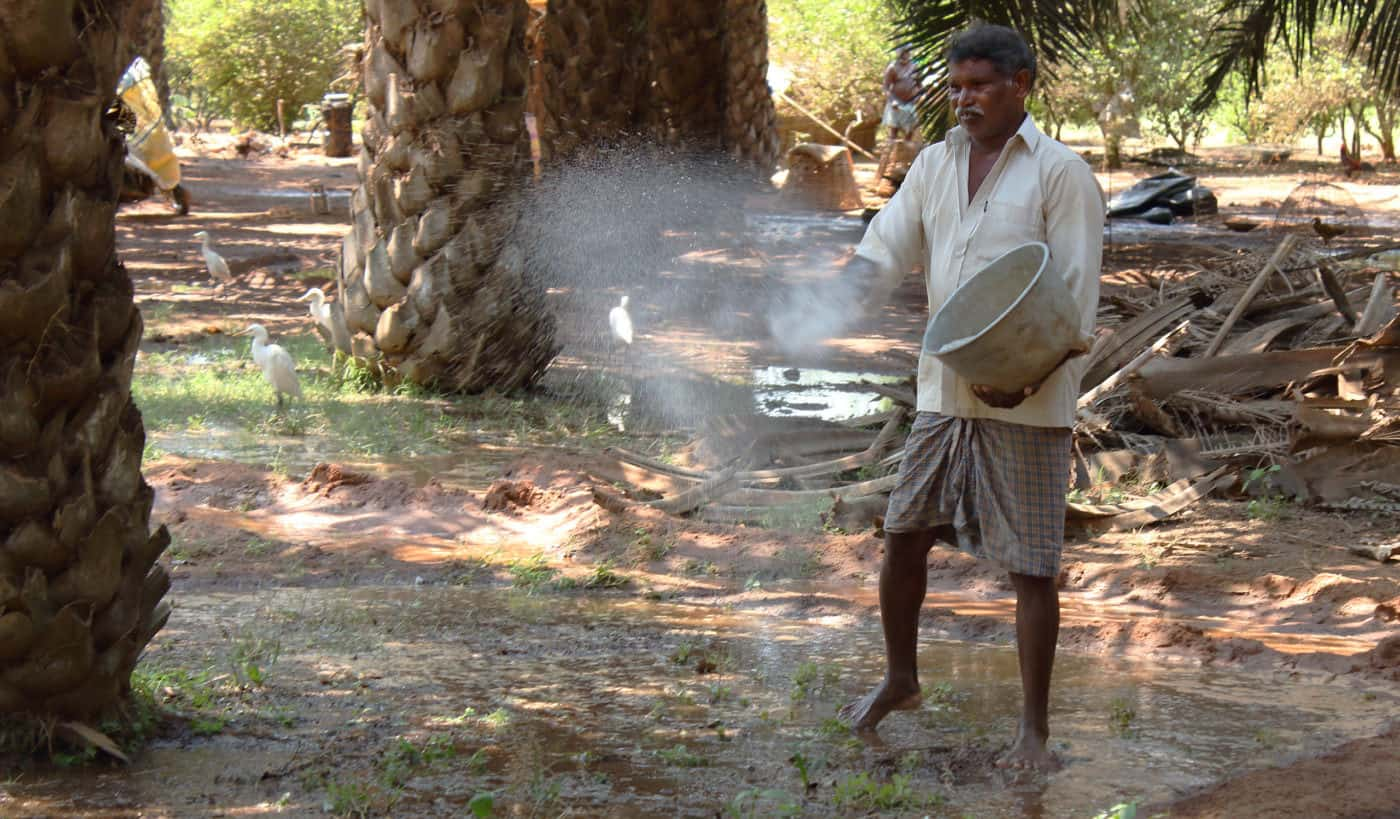
A new business model that could catch on – with their company “I Support Farming”, two brothers from South India’s Chennai are bringing investors from the city together with farmers who lack capital for necessary investments. The investors bear the risk, while the profits are shared.
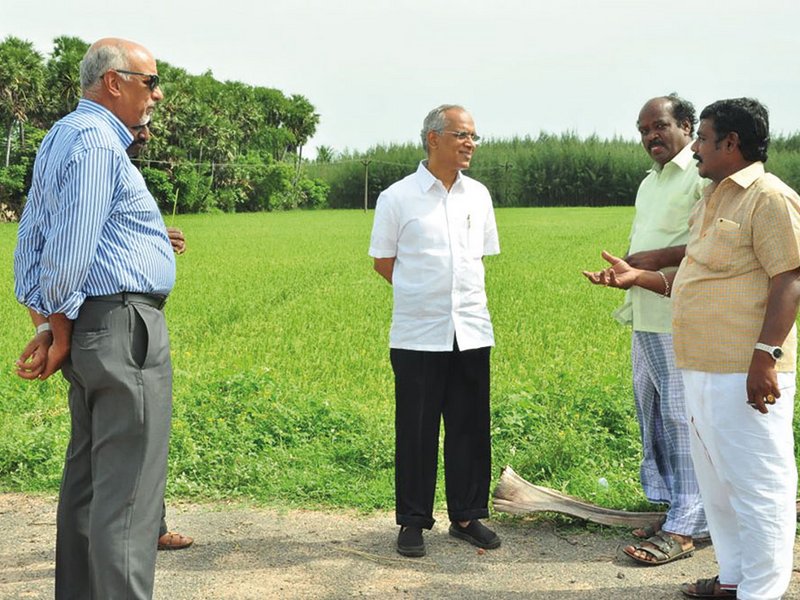
Selling flowers, vegetables, fish and the like on thoroughfares or walking from street to street with their headload of wares, women hawkers’ livelihood was severely affected by the pandemic-induced lockdown.
